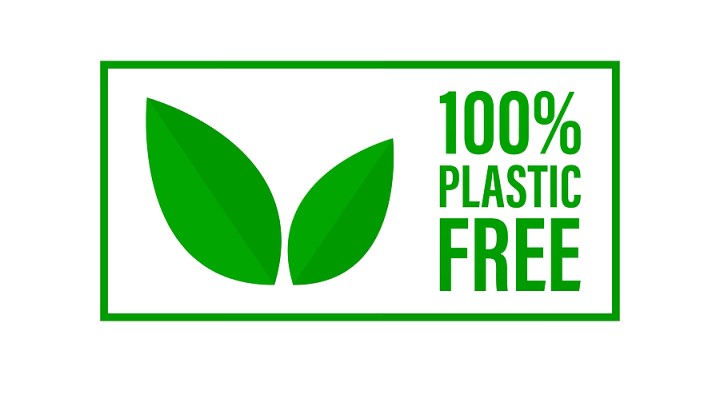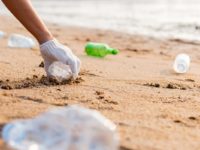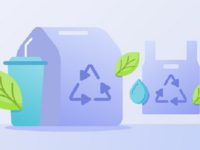Australians currently throw away more than 800,000 tonnes of plastic every year according to Brooke Donnelly from the Australian Packaging Covenant Organisation (APCO). Only about 18 per cent of the plastic sold is recycled. To combat this issue 60 organisations including Arnotts, Coca Cola, PepsiCo, Woolworths and Coles, Colgate and Nestle have committed to reduce the amount of plastic waste that ends up in landfill and the ocean.
The 60 signatories of the ANZPAC Plastics pact have pledged to reach four key targets by 2025:
- Eliminate unnecessary packaging through redesign and innovation.
- All plastic packaging to be reusable, recyclable, or compostable.
- A 25 per cent increase in collection and recycling of plastic packaging.
- All new plastic packaging to contain at least 25 per cent of used plastic packaging.
“These are the absolute minimum commitments we need to see from the big players,” Russell Lamb, founder of Ecodownunder,” says. “They’re the biggest cause of the problem and really need to do something to solve it.”
For Peter Whish-Wilson, Senator for Tasmania, “The announcement is a result of the Government’s recent refusal to legislate mandated packaging targets in the Australian Senate, and amounts to a watering down of Australia’s plastic recycling and waste reduction targets.” Lamb agrees, saying, “The government really does need to take control and legislate to ensure that these targets are met before we slip deeper into the climate crisis.
“Make no mistake, this is a call for every business, irrespective of size, who is currently reliant on plastic packaging to make the transition to plastic free,” Lamb adds. “It’s not easy and no one wants to go broke in the process, so we recommend you plan carefully, talk to your suppliers and customers and do it in stages.
“In 2018, we achieved our goal of eliminating single use plastic from out stores, but we’d been predominantly plastic-free for many years. Removing the last 10 per cent was the hardest.”
Since then all products have been presented to customers without plastic wrapping and taken home in organic cotton reusable shopping bags. In addition, Ecodownunder’s online store which now makes about 40 per cent of our sales, has adopted the same plastic free packaging using compostable bags for the majority of sales. Unable to find sufficiently durable exceptionally large compostable bags for bulky orders like wool quilts and mattress toppers, we use to plastic satchels made from recycled plastic while the search for the last solution continues.
“The process of removing plastic packaging wasn’t easy, and it’s added costs to doing business but it’s absolutely been worth it and we’ve had wonderful feedback from our customers,” the company’s co-owner Beverley Tilbury says.
Ecodownunder’s focus on sustainability has meant we’ve always avoided the use of synthetics like polyester, acrylic and micro fleece in their products. These textiles are essentially plastics made from non-renewable resources which shed microfibres when they’re washed and worn. Microfibers end up in the ocean and are now thought to be a bigger problem for ocean pollution than single use plastic like bottles, straws and coffee cups. Our efforts have enabled us to save well over 500,000 pieces of plastic from landfill, or the ocean where much of our plastic ends up. Let’s hope this new initiative will see a lot more people join the cause.











